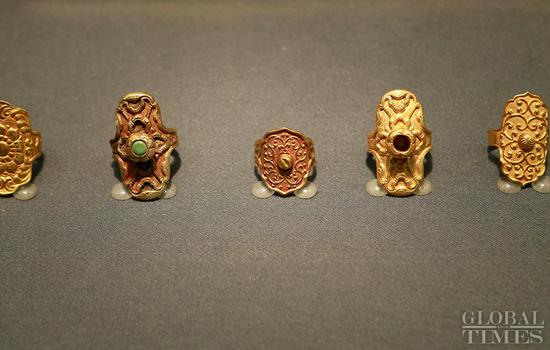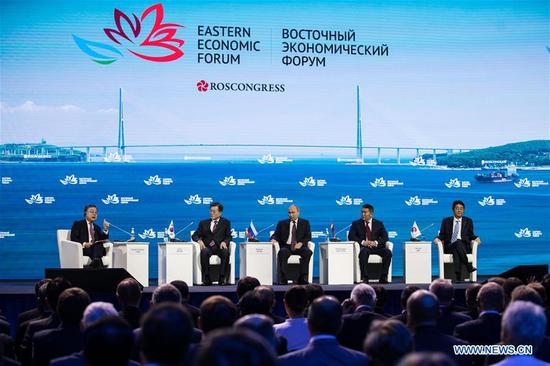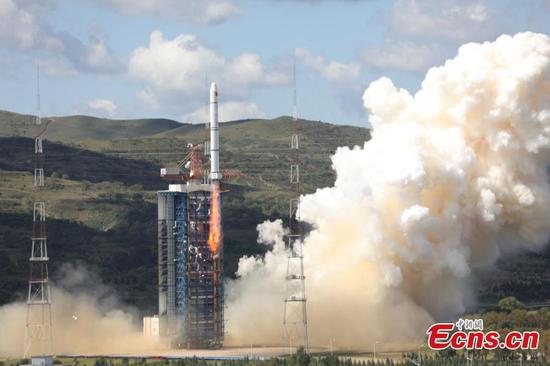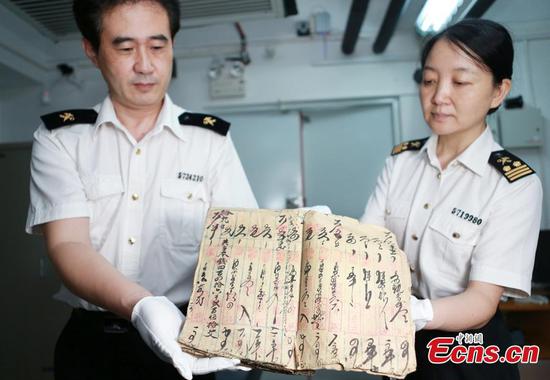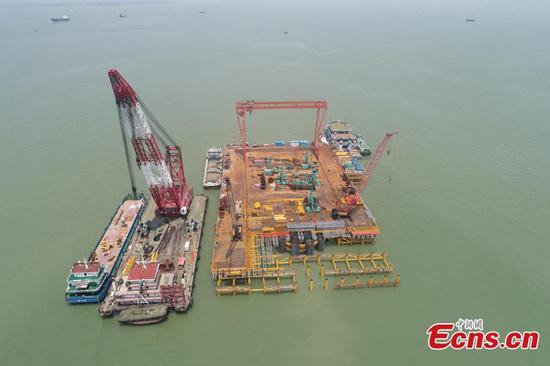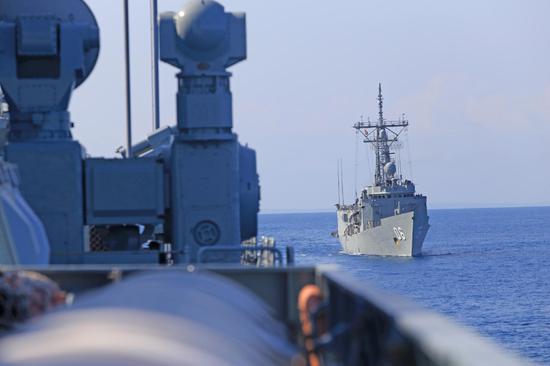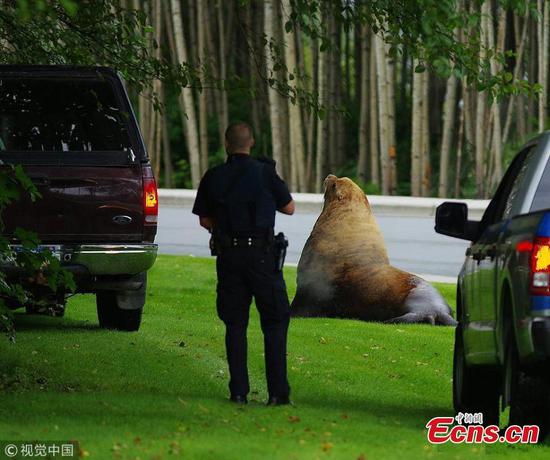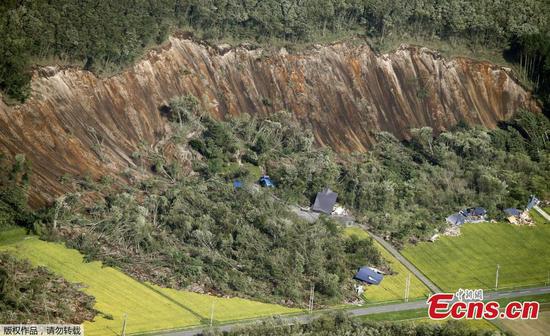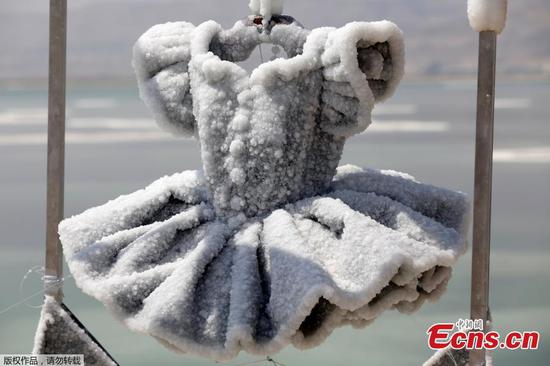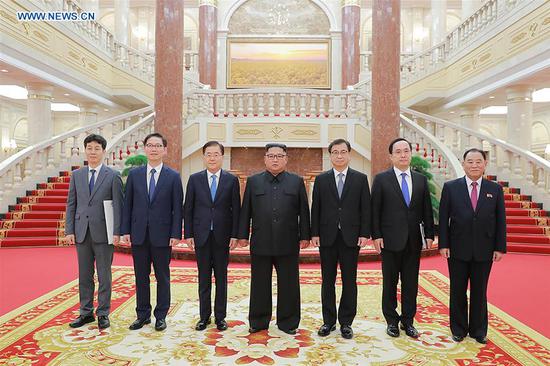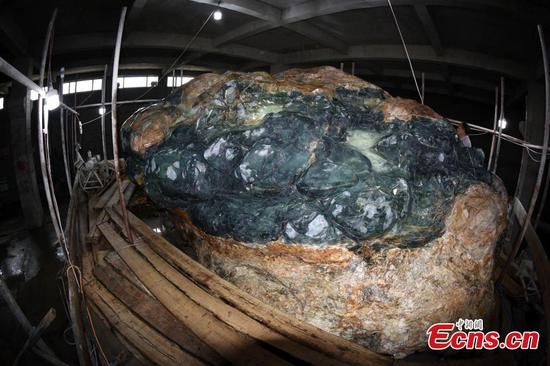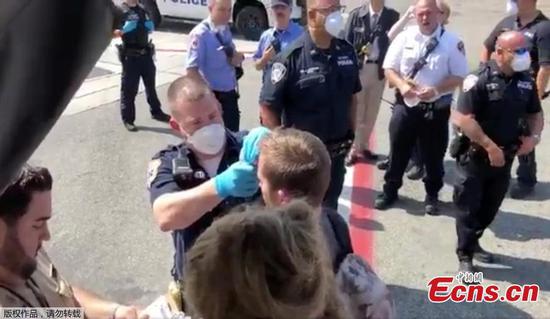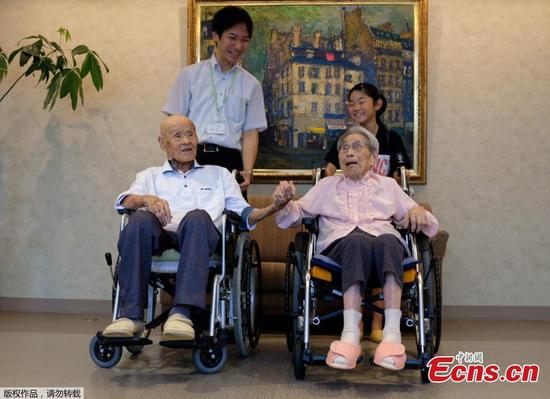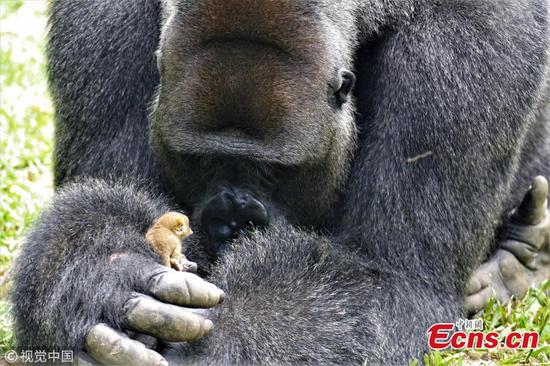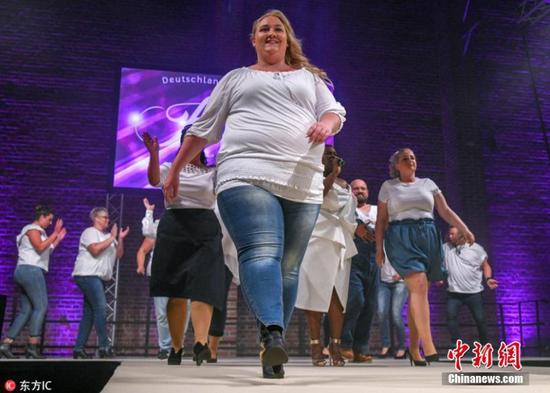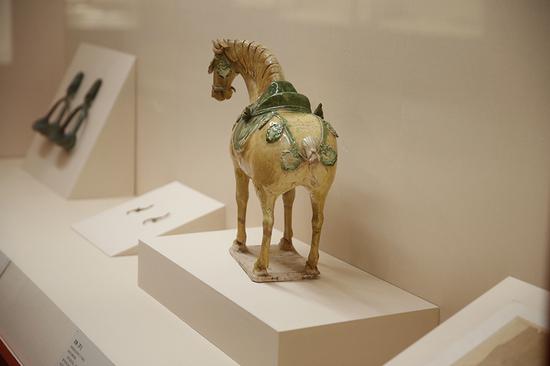Major Western nations on Thursday expressed firm support for Britain's accusations against Russia over the alleged poisoning of an ex-spy and his daughter.
According to a statement issued by the U.S. State Department, leaders of France, Germany, the United States, Canada and Britain reiterated their outrage "at the use of a chemical nerve agent, known as Novichok, in Salisbury" on March 4.
"We welcome the progress made in the investigation into the poisoning of Sergei (Skripal) and Yulia Skripal, and take note of the attempted murder charges brought yesterday against two suspects," they said.
Britain's analysis, independently verified by the Organization for the Prohibition of Chemical Weapons (OPCW), indicated "the exact same chemical nerve agent was used in the poisoning of Dawn Sturgess and Charles Rowley as was used in the poisoning of the Skripals," they said.
The leaders urged Russia to provide full disclosure of its Novichok program to the OPCW, and encouraged those with information about the attack in Salisbury, as well as the further poisoning in Amesbury, "to come forward to" the British authorities.
"We have full confidence in the British assessment that the two suspects were officers from the Russian military intelligence service, also known as the GRU, and that this operation was almost certainly approved at a senior government level," the leaders noted.
British Prime Minister Theresa May said Wednesday that the police and intelligence agencies have identified two Russian nationals they believe were responsible for the attack in March which left Sergey and Yulia fighting for their lives.
Both survived, but the same agent led to the poisoning near Salisbury of friends Dawn Sturgess and Charlie Rowley. Sturgess died, reportedly as a result of the poisoning.
On Thursday, Russia denied Britain's latest accusation.
"Neither the top leadership of Russia, nor the leadership of lower ranks ... had anything to do with the events in Salisbury," Kremlin spokesman Dmitry Peskov was quoted as saying by TASS news agency.
Peskov recalled that Russia offered to cooperate with Britain in the investigation into the Skripal case from the beginning, but Britain declined.
Russia could only regret London's reluctance to interact with Moscow, Peskov said.
The Russian Foreign Ministry has said that May's latest remarks were "absolutely unacceptable," and "we strongly reject these insinuations."
Russian Foreign Ministry spokesperson Maria Zakharova also said that Britain should provide fingerprints of the suspects to Interpol since the two must have received British visas.
The poisoning case has triggered a diplomatic crisis with Russia and Western countries mutually expelling a large number of each other's diplomats. The United States has also imposed massive economic sanctions against Russia over the incident.











